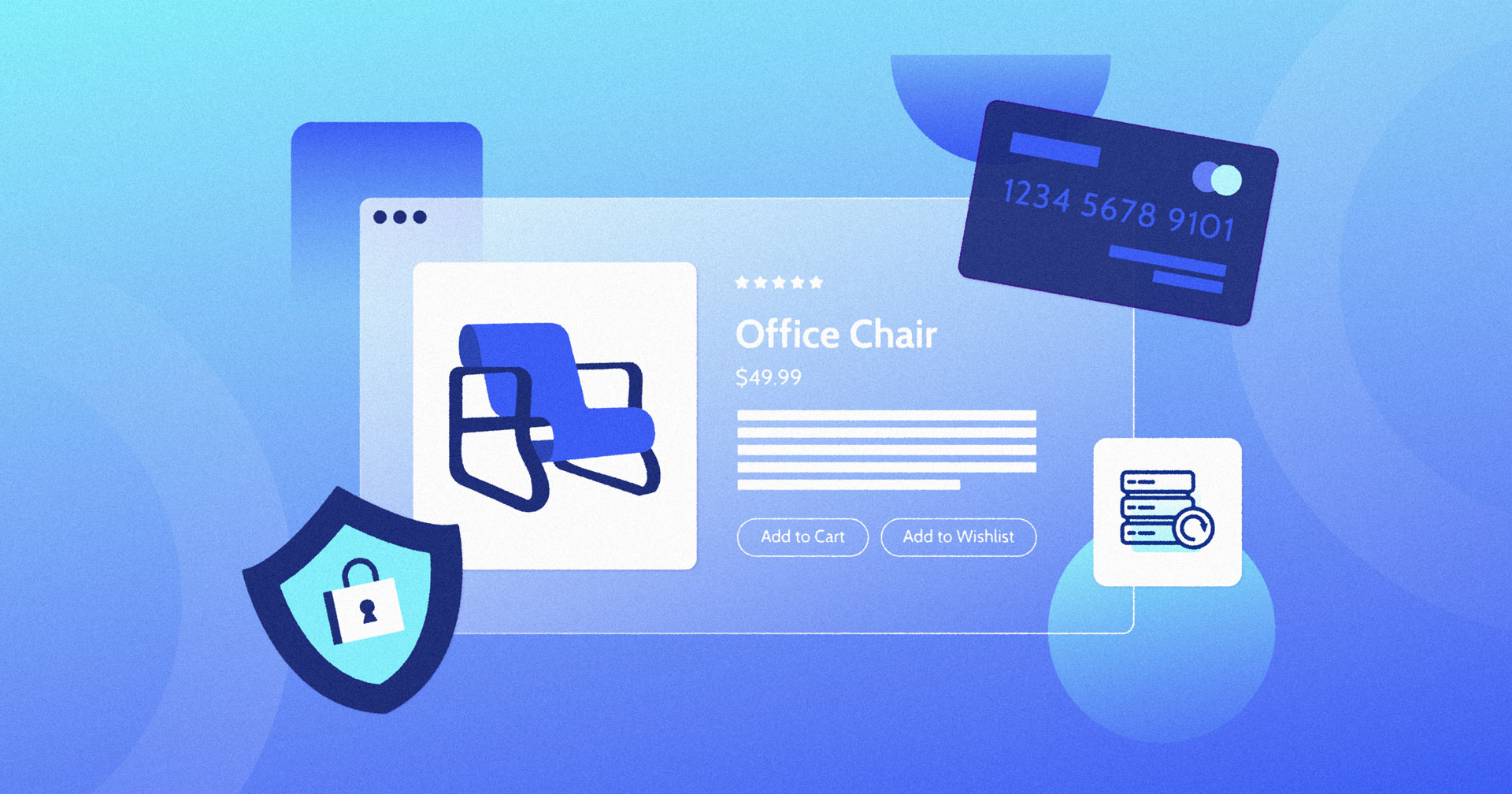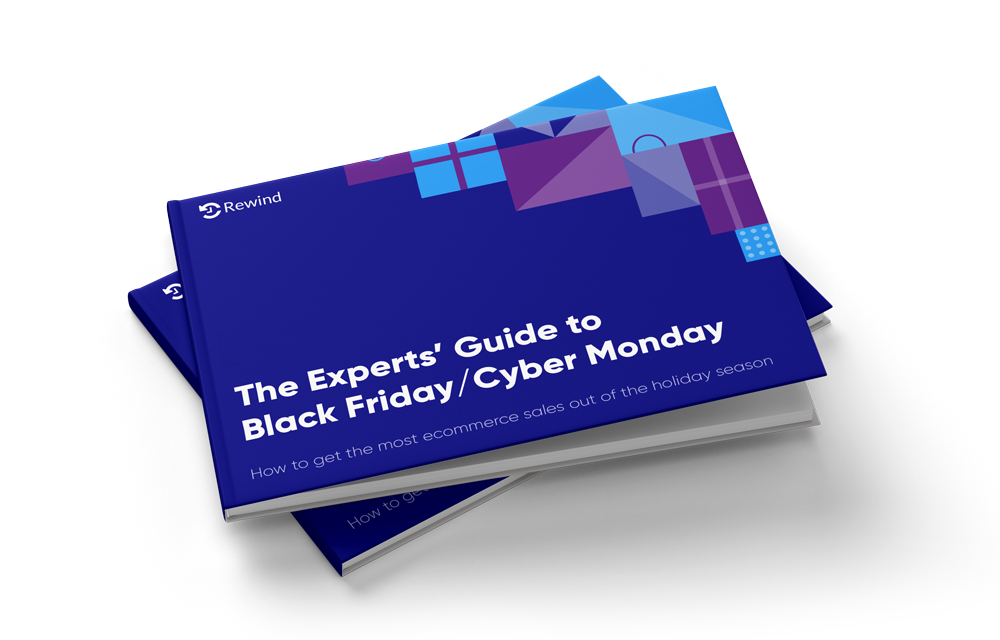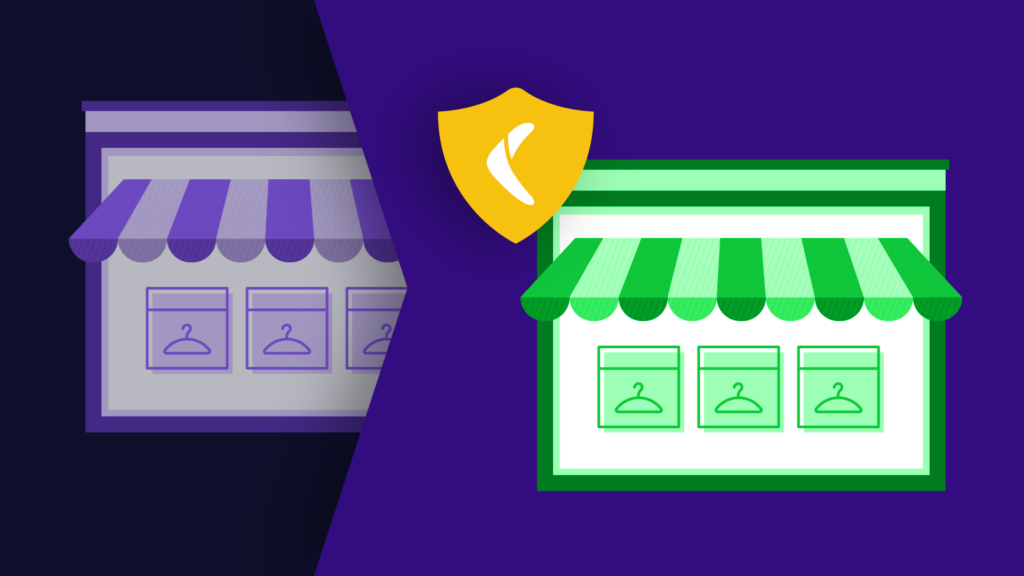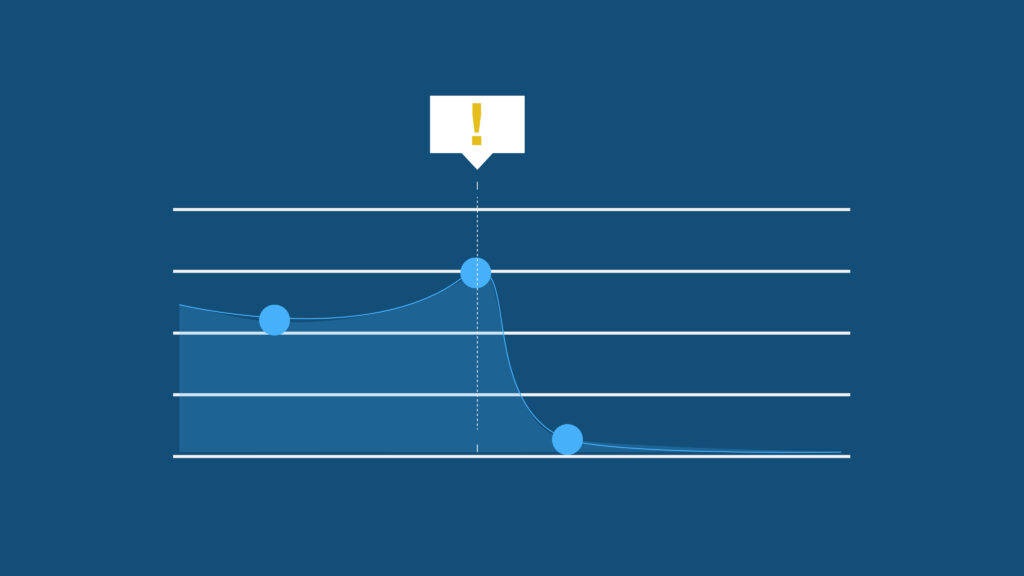Every year, millions of shoppers head into cyberspace armed with their credit cards as the annual Black Friday and Cyber Monday (BFCM) shopping season rolls around. Last year saw new online shopping records being set.
Spending rose nearly 22% year over year to $5.1 billion on Thanksgiving Day. On Black Friday, online spending jumped by about the same percentage to a total of $9 billion. Holiday shoppers went online Monday and spent $10.8 billion, setting a record for the largest U.S. internet shopping day ever.
Pandemic-induced consumer preferences for online rather than in-person shopping experiences and store closures can explain some of the jaw-dropping numbers we saw last year. But all signs indicate that BFCM this year will also be an event not to miss – for shoppers and retailers alike.
BFCM Ecommerce Tips and Tricks
Here are some ideas to consider when getting your store ready for the year’s BFCM season and planning your ecommerce strategy:
Start Early
Black Friday takes place on November 26th this year, followed by Cyber Monday on November 29th. If you want to make the most of this year’s biggest shopping event, it’s a good idea to start your preparations sooner rather than later as there’ll be many moving parts to consider. Also, bear in mind that the cost of advertising is at a premium during the period running up to and including BFCM, so front-load your adverts across your social media platform.
If you grab new prospects’ attention now, you can re-market to them in the weeks leading up to BFCM with targeted, personalized offers. In addition to communicating your offers as early as possible, consider extending them beyond BFCM if that’s financially and operationally feasible.
Spread the Net Wide
Traditional billboards, posters, and flyers still have their place, but make sure you capitalize on all the digital platforms and channels you have at your disposal: email drip nurtures, SMS, paid and organic social media, Snapchat, Pinterest, and TikTok, and Google and Facebook ads.
Pro Tip: Nail influencer marketing this season – and beyond! – with our Ecommerce Experts’ Guide to BFCM ebook.
The digital consumer audience has never been bigger, so don’t miss any opportunity to capture their attention via thoughtful multi-channel selling.
Look Beyond Discounts Alone
Every consumer loves a bargain, but bear in mind that offering the lowest prices isn’t necessarily the only path to profit. In the period leading up to BFCM, try to find ways to influence the perceived value of your products or services in the minds of your customers, rather than simply offering them a discount. Highlight qualities such as aesthetics, convenience, or accessibility in your marketing and sales efforts to make your brand stand out.
Other promotional ideas to consider include gamifying your offers via interactive media, contests, in-app purchases, and more.
Capitalize on seasonal FOMO (fear of missing out) by running deals that are available for a limited time only, or offering free shipping or delivery for orders over a certain amount. This will entice shoppers to add more to their carts beyond just the initial promotional item that led them to visit your store.

BFCM: Prepare for the Unexpected
Given the revenue potential inherent in the BFCM season, it makes sense to have contingency plans in place should something go awry. The last thing you want to be doing is troubleshooting in the midst of the biggest sales weekend of the year. What will you do if your inventory doesn’t arrive on time or your shipping company experiences a backlog or delays? Even more importantly, how can you guard against the devastating effects of store downtime or data loss?
Let’s take a look at some of the worst-case scenarios that could befall you ahead of or during the BFCM season and how you can proactively mitigate against them:
Unforeseen and Unwelcome Downtime
Inevitably, spikes in web traffic around the BFCM period can put a strain on servers, which can make pages slow or unresponsive and sometimes even cause websites to crash. That’s why it’s a good idea to test the server load capacity of your store with tools like k6 Cloud to avoid website downtime.
If you use the Shopify platform, you can check and fine-tune your store with Shopify’s online store speed report. BigCommerce has a native integration with Akamai Image Manager to help optimize images across your site and keep it fast.
Downtime and sluggish website performance equal lost revenue on any day of the year, but BFCM is the period when you can least afford them. Today’s busy shoppers won’t hesitate to click away to your competitor if your store isn’t functioning properly. Such events could also result in the erosion of the brand trust you’ve spent years earning from customers who had been expecting a great experience, especially on BFCM.
Human Error
We’re all human, as the saying goes, and online store owners are no exception. In fact, over 90% of data breaches are caused by human error.
You might be trying to delete a blog category and end up deleting all of the blog posts in that category. What if you decide to hire a contractor to help you prepare for the BFCM rush, and you assign them editing rights, and they accidentally delete something?
Michelle Goyette, Founder of Unique World Inspirations, shared her story when a web developer she hired to help with backend code edits ended up destroying her entire site.
A little preparation for inevitable errors now can help prevent a small mistake from becoming a data disaster.
A Cautionary Tale: Going from Prepared to Panicked
To illustrate the potentially devastating impact of a data loss ahead of BFCM, consider the experience of this online fishing equipment store, which unwittingly deleted hundreds of its products days ahead of the BFCM weekend.
The company was struggling with a bulk import of changes in preparation for BFCM. The owner was trying to upload a specific CSV file but just couldn’t make it work. The ecommerce platform that the store was built on had customer support, so he reached out. The support team advised him to delete all of his 300-plus SKUs and then re-upload the bulk import, just to make everything work.
Sadly, the fix didn’t go as planned.
In fact, efforts to add the bulk import resulted in the accidental wiping of the entire product catalog. Every product, SKU, and photo was gone; permanently deleted three days before the world’s biggest online shopping spree. Worse still, the platform provider was powerless in fixing the disaster – they didn’t have a backup. The team spent the next 70 hours painstakingly reshooting product images for over 100 SKUs and reloading them online.
Understanding the Limitations of Cloud Data Storage
This shop owner’s experience highlights the importance of understanding the limitations of cloud data storage. Most of us have an inherent faith that our files are safe and secure when we save them “in the cloud.” But the reality is that only certain types or sets of data are permanently saved this way.
It’s possible to back up information manually via exported CSV files. However, there are limitations to this approach. Often downloads don’t include all your store’s content, and information can quickly become out of date. Plus, you’ve got to actually remember to download CSV backups regularly. Not only is this task onerous, but it’s also fraught with risk, as CSV uploads are often the cause of devastating data loss.
How to Make This BFCM Shopping Season Your Best and Safest Yet
As these scenarios and examples illustrate, it’s essential to ensure that you have proper backups in place in the event of the unexpected, not only ahead of BFCM but 365 days a year.
That’s where Rewind can help.
Using Rewind is the best way to ensure that you can quickly recover and minimize the damage in terms of lost sales and time if anything happens to your online store.
How much would you lose if your store goes down? Use our calculator to see how much money your business could lose if anything were to happen to your data.
With a secure data backup behind you, your store will be able to handle anything the BFCM weekend can throw at it.
In the “Experts’ Guide to BFCM” ebook, you will learn:
- How to get your site prepped and secure for higher volume.
- Tips for increasing conversions through product page optimization.
- How to ship and package your products to keep customers coming back.
- International markets.
- And more…




